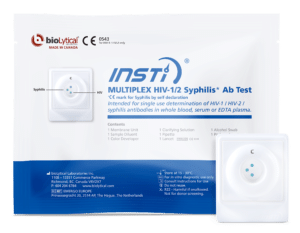The first myth to dispel here is that women who have HIV are able to have healthy HIV negative babies. In this blog post we will address what you should be aware of if you are HIV positive and pregnant.
What is mother-to-child transmission of HIV?
Mother-to-child transmission of HIV is the spread of HIV from a woman to her child during pregnancy or childbirth or in breast milk. This is the most common way that a child can be infected with HIV.
However, as education and medication has developed we can now prevent mother-to-child transmission.
During pregnancy
The aim of taking HIV medicines is to reduce the amount of HIV in the body to an undetectable level also referred to as undetectable viral load throughout a woman’s pregnancy. Reducing the amount of HIV in the body reduces the risk of transmission.
HIV medicine also passes across the placenta to the child. This transfer of HIV medicine prevents mother-to-child transmission of HIV, especially near delivery when a baby is most exposed to any HIV in the mother’s blood and other fluids.
After birth
After birth, babies born to HIV-infected women receive HIV medicines to protect against infection from any HIV that passed from mother to child during childbirth.
Are HIV medicines safe to use during pregnancy?
You can use HIV medicines during pregnancy and most can be used safely. Pregnant women and their health care providers carefully consider the benefits and the risks of specific HIV medicines when choosing a regimen to use. Healthcare professionals consider the potential short and long term effects that HIV medication can have on babies.
Breastfeeding in pregnancy
This will depend on resources available to you, if you are taking medication or not. Your healthcare professional will provide further guidance.
It’s important to remember that:
- A mother can give birth to a HIV negative baby.
- Having an HIV positive father will not affect whether the baby is born HIV positive.
- The HIV status of your new baby does not relate to the status of your other children.
Please speak with a healthcare professional for more detailed information suited to your needs.



